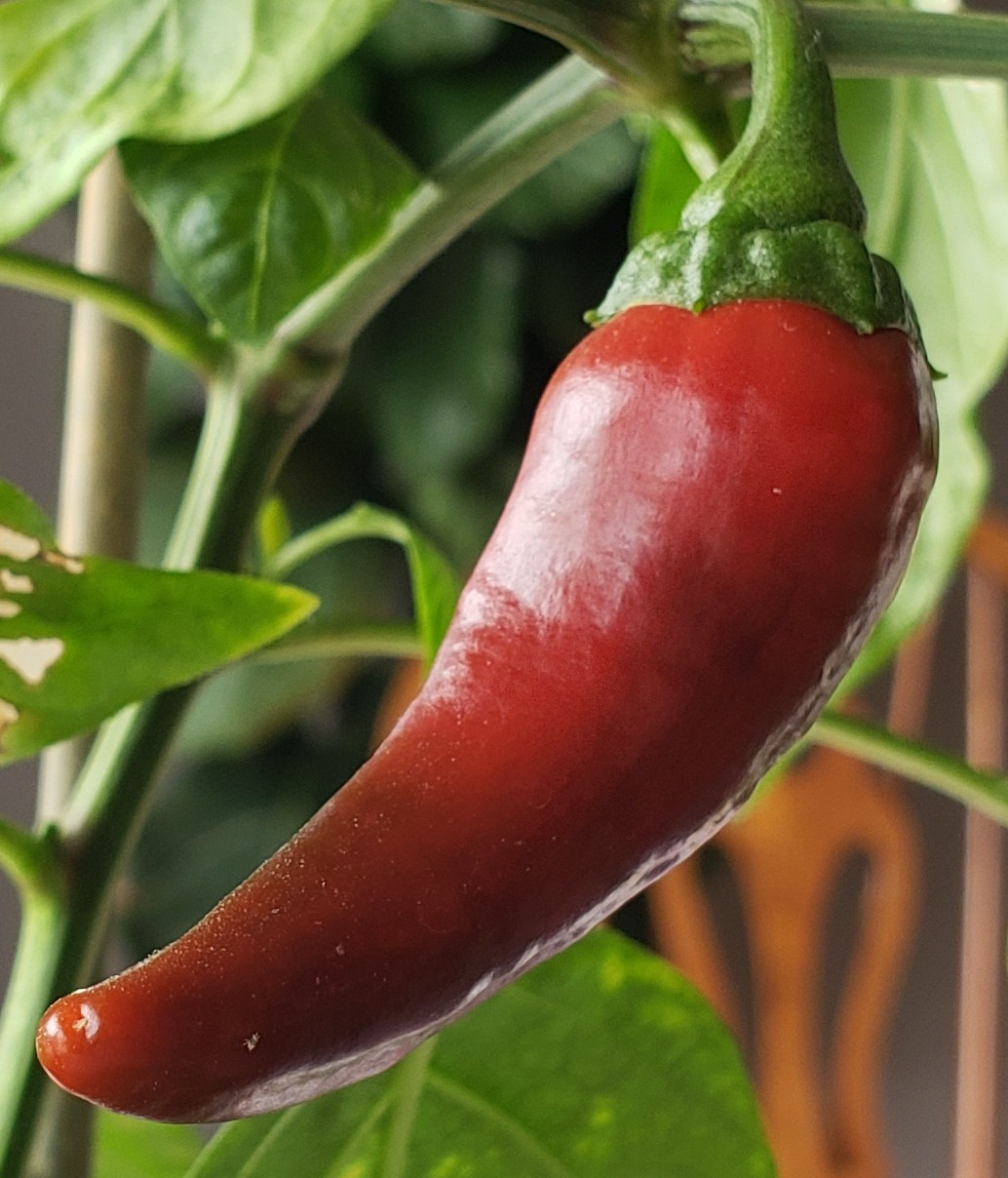Don't let the other nurses bully you
OPisalib [none/use name]
- 1 Post
- 51 Comments
- OPisalib [none/use name]to
 ·4 years ago
·4 years agoI heard about this on a lib podcast my friends listen to
As someone with highly allergenic cum that has been compared to venom and acid, I find this all very offensive
Lots of risks and rewards in agriculture!
Water is the most important thing for agriculture. Theoretically we can make it out of seawater, it's just prohibitively costly for energy and money. As energy gets cheaper or our use becomes more efficient, getting water to farmland becomes more predictable and consistent.
Soil is the next most important thing. It's depleting at a very scary rate and that NEEDS to be addressed. As soil breaks down it releases huge amounts of (unaccounted for) CO2. But building soil also draws carbon from the air - it's actually a way faster and more effective carbon sink than trees. Soil (and the infinity of microbial life it contains) has the ability to save us from climate change. It's magical stuff, one of my favourite substances. Seriously, read some pop science about soil it really is incredible.
Crop choice and varieties chosen will shift and change. The Cavendish banana will probably die/go extinct. Other clones will probably suffer the same fate. Genetic bottlenecking of popular fruits and vegetables isn't going anywhere
I buy it in bags at my local giant mega hardware store (Bunnings). It's actually hydrophobic, making them almost impossible to water from above (i.e. rain). Perfect for my water-shy succies
Arts and crafts for alcoholics
It's a remnant from a previous housemate who hot glued hundreds of bottle caps onto the table (a repurposed giant cable spool in a previous life). It works ok but then stuff falls into the gaps and it's less ok
- OPisalib [none/use name]to
 ·4 years ago
·4 years agoThat soil one with Woody Harrelson is good but even it has moments where I'm like uhh uhh don't overplay your hand guys
It's funny and well written with satisfying narrative arcs and interesting scifi concepts. Rick knows how much of a shit head he is and is semi-regularly shown to be on the verge of suicide.
- OPisalib [none/use name]to
 ·4 years ago
·4 years agoThe second one feels a bit rushed in the second half gameplay wise. Story and cutscenes stay consistent though
- OPisalib [none/use name]to
 ·4 years ago
·4 years agoThe objectively correct response
I have made respect for dogs who are workers, even police dogs. But your pet Labradoodle that is slavishly devoted to you I just can't feel anything but contempt
- OPisalib [none/use name]to
 ·4 years ago
·4 years agoBu-bu-but the techbros will save us from total environmental collapse won't they Elon-sama? Robot bees are just as good as the real thing uwu
They're called gollies in Australia and they're a central part of the culture in rural and regional areas - partially because everyone there is over 50 years old. Arts and crafts festivals regularly hand the gold, silver and bronze to gollies in different mediums. Dolls obviously, but also paintings, tapestries, poetry, foods, songs, you name it. It is by far the unifying cultural touchstone among boomer wasps.
- OPisalib [none/use name]to
 ·4 years ago
·4 years agoThis post brought to you by the undisposable radioactive waste gang
- OPisalib [none/use name]to
 ·4 years ago
·4 years agoUhh let me be clear, this doesn't make us gay
- OPisalib [none/use name]to
 ·4 years ago
·4 years agoI saw an interesting thing about flywheels being a potential solution to power storage. Set them up in a near vacuum with minimal friction and they can store power for 6-8 hours. Doesn't sound like much but you usually only need them at night time so that's plenty.
Pumped water can work but requires the correct geography. Molten salts works quite well too with fewer drawbacks.
Are there simple environmentally friendly batteries that don't require things like lithium? Seems like weight and size aren't an issue for grid-connected battery storage
I for one still shit in a pot and throw it out the window into the street below
- OPisalib [none/use name]to
 ·4 years ago
·4 years agoThe stock price would tank if he tried to sell normally, he'd need to organise a merger and probably be required to continue working there for a set period.
But a lot of these paper fortunes are fleeting. There's a few examples of Australian mining magnates with too many eggs in one basket losing everything because coal or ore prices change. It's almost like cryptocurrency. Gotta sell to spend but you're potentially missing out

Cartoon wetmarkets